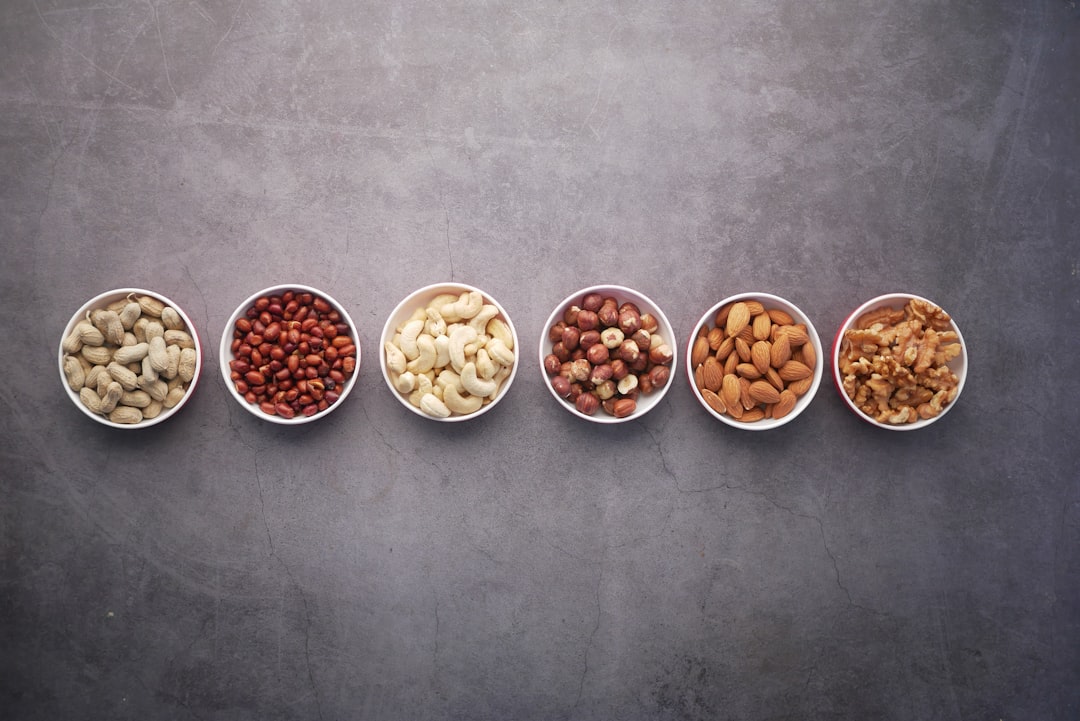Everything we know about protein is wrong
Of all the contradictory and confusing information out there about nutrition, I always thought that the subject of protein was pretty straightforward.
We all need protein. The amino acids found in protein are known as the ‘building blocks’ of life, as they provide structure for our tissues and cells. Most of the enzymes and hormones in our bodies are also proteins. And, since animal sources of protein are the most complete (ie. they contain all of the amino acids that humans need) then vegans have to work harder to ensure they’re reaching their protein needs.
I’ve always believed this was all pretty uncontroversial. However, I recently encountered two very different views on protein, from two equally trusted sources.
First, on Dr Rangan Chatterjee’s Feel Better Live More was Dr Mark Hyman. He’s Head of Strategy and Innovation at the Cleveland Clinic Center for Functional Medicine and the author of Young Forever: The Secrets To Living Your Longest, Healthiest Life.
Dr Hyman said that animal sources of protein are so important that: ‘You can be a healthy vegan, but it’s a lot of work, and you need to know what you’re doing, and you need to supplement with certain things [to ensure you get] adequate levels of certain amino acids for protein synthesis and muscle building. It’s not easy, but it’s doable.’
So far, so what I thought already.
Then, however, I listened to the ZOE Science & Nutrition podcast with Christopher Gardner, a professor at Stanford University and a member of ZOE’s scientific advisory board. ‘Stop obsessing about protein,’ said Professor Gardner. ‘It’s in everything. All 20 amino acids are in plant foods - big myth to bust here - and animal foods… You can absolutely meet all your needs on a completely plant-based diet.’
Dr Gardner worked on a study with the catchy name of ‘maximizing the intersection of human health and the health of the environment with regard to the amount and type of protein produced and consumed in the United States’.
The main takeaways of which are:
1. The quality of plant-based protein is higher than many people realise.
2. The amount of total protein most people eat is well beyond their daily requirement.
Back over on Feel Better Live More, Dr Hyman particularly emphasised the importance of leucine, an amino acid that’s vital for building muscle. This was one of the reasons that I thought it would be tricky to get enough protein on a vegan diet (particularly after menopause, when building muscle strength is both more difficult and more necessary than ever).
But Professor Gardner insists that’s not the case. He agrees that plant foods are less ‘complete’ sources of protein, ie. they may not all have all 20 of the amino acids that we need. But we tend to eat them in combination, such as rice with beans, so we don’t need to worry about not getting enough. He goes as far as to say that many people exceed their recommended daily amount of protein.
I can see why people get excited about protein and end up overloading on it. Protein balances your blood sugar, giving you more energy, and keeps you fuller for longer. It’s why high protein diets such as Atkins or Keto became so popular, because you can lose weight without feeling hungry.
And it’s true that our protein needs can shift from day to day (for example, depending on how much exercise we do), from week to week (depending on where we are in our menstrual cycle) and from year to year - it becomes more important after menopause, to keep our muscles and bones in good nick. But if you’re eating a healthy diet, with a variety of plant foods (beans, chickpeas, lentils, tofu, quinoa, nuts and seeds), then you should be fine. And if you eat some animal protein sources (not necessarily meat, but maybe a bit of fish, eggs, yoghurt or cheese), then you’re definitely fine.
I enjoyed Leah Hardy’s piece about protein in yesterday’s Telegraph, and particularly the disclaimer in the final paragraph that ‘you don’t need to go mad’, as over-consuming protein does not increase any of the benefits.
So the message that I’m taking away from all of this is that most of us don’t need to worry about getting enough protein. In fact, despite all of the conflicting views, this appears to be one element of health and nutrition where we can actually just chill out.
This week I’m…
Reading a bumper crop of food-focused books:
Gut Feelings: Healing the Shame-Fuelled Relationship Between What You Eat and How You Feel by Dr Will Cole
Ultra-Processed People: Why Do We All Eat Stuff That Isn’t Food … and Why Can’t We Stop? by Chris van Tulleken
The Glucose Goddess Method: Your four-week guide to cutting cravings, getting your energy back, and feeling amazing by Jessie Inchauspé





